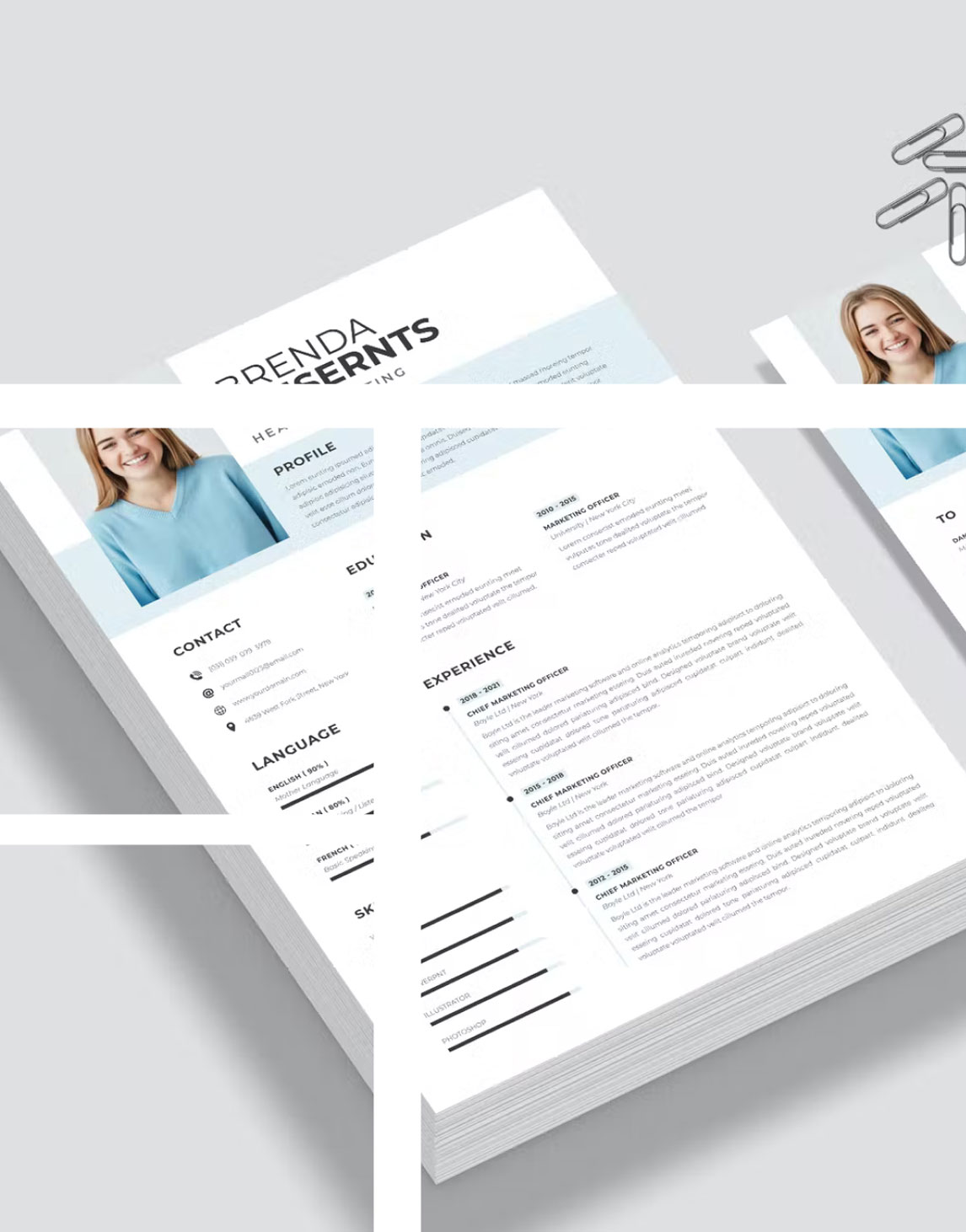
Why Should I Include a Key Skills Selection in My CV?

What is Meant by Key Skills?
Key talents are terms and phrases that represent the core areas of expertise needed to do a job. These range from soft talents that can be applied to most positions, such as being a good communicator or highly organized, to hard skills, usually job-specific. SEO for marketing or bookkeeping within accountancy are examples of hard skills. Language and special IT skills are also hard skills.
Why are They Important?
Your CV now has two audiences. Essential skills are vital to show audiences that you have the requisite expertise. Firstly, if you are applying for jobs online, it is likely that the employer will be using an ATS system to filter CVs and rank them in order of priority. ATS works mainly by analyzing CVs for appropriate keywords and phrases associated with the job description. The second audience is the recruiter deciding on whom to call to interview. Key skills can help nudge them in the right direction to contact you to interview. So key skills are essential for both these audiences.
Where should the key skills section go?
Most candidates place the key skills section at the front of the CV, after the profile, and before the employment history section. The reason for placing key skills so prominently is to show the reader that you have the right areas of expertise early on. Conversely, if you put the key skills section at the back of the CV, they fail impact as the reader will likely have already made up their mind about whether to take you forward.
What should I include?
Just include single words or phrases as your key skills. These could include ‘stakeholder engagement’ or ‘financial planning’ to ‘project management or ‘customer journey optimization’. It all depends on your particular specialism. There is no need to give a detailed description of where you have used that skill. Save that for examples of your achievements in the career history section.
How do I find the right words and phrases?
Online research is the best place to find the keywords and phrases for your target roles. First, search for some job descriptions that best fit your target jobs. Once you have collected four or five, you should see commonly occurring words and phrases. This will give you an idea about the terms you can include in your key skills section. Remember, some organizations use different words to describe the same thing. Therefore, you need to mirror the language of other employers. This means you must tailor your key skills for each application and not rely on one set.


Why Should You Never Lie in Your CV?

Why you should never lie in your CV?
Most of the surveys discovered that employment dates were the most ordinary lies followed by exam grades and position titles. The survey also found that 1 in 4 applications could not be progressed through the information that could not be confirmed or backed up. Another study by UK Higher Education Degree Data check found that 33% of graduates falsify information in their CV. So clearly, lots of people are telling porkies in their CV.
When is it Okay to Lie in a CV?
People can justify the reasons for lying in a CV quickly enough. ‘Well, if everyone else is doing it’ or ‘the chances of being found out are so small.’ However, it is always better to be open and upfront in a CV. Even what one might consider a small thing, such as upping an exam grade, could have potentially enormous consequences. This could be a dismissible offense. For serious lies, legal action could follow. So, it’s best never to lie in a CV.
Think about how to improve your CV without lying
You want the reader to have a positive experience reading your CV as you guide them towards saying ‘yes’ to calling you to interview. You can do this without resorting to lies. Write about your achievements rather than just listing a series of duties or responsibilities in your career history. Employers want to see evidence of you working well, so show them specific achievements and support them with facts and figures. Tailor the CV towards the role as far as possible and structure it to get as much vital information as you can onto the first page.
Inadvertent inaccuracies
Not all lies are intentional, of course. Your CV may have a genuine error. However, remember that you are accountable for all the information in your CV, so double and triple-check everything. It is also worthwhile to ensure that your CV and LinkedIn profile details are consistent. People sometimes have not aligned dates or utilize different employment titles between their CV and LinkedIn profile. At best, this is confusing to the reader, so don’t give them any reason to raise an unwanted question mark in their head.





